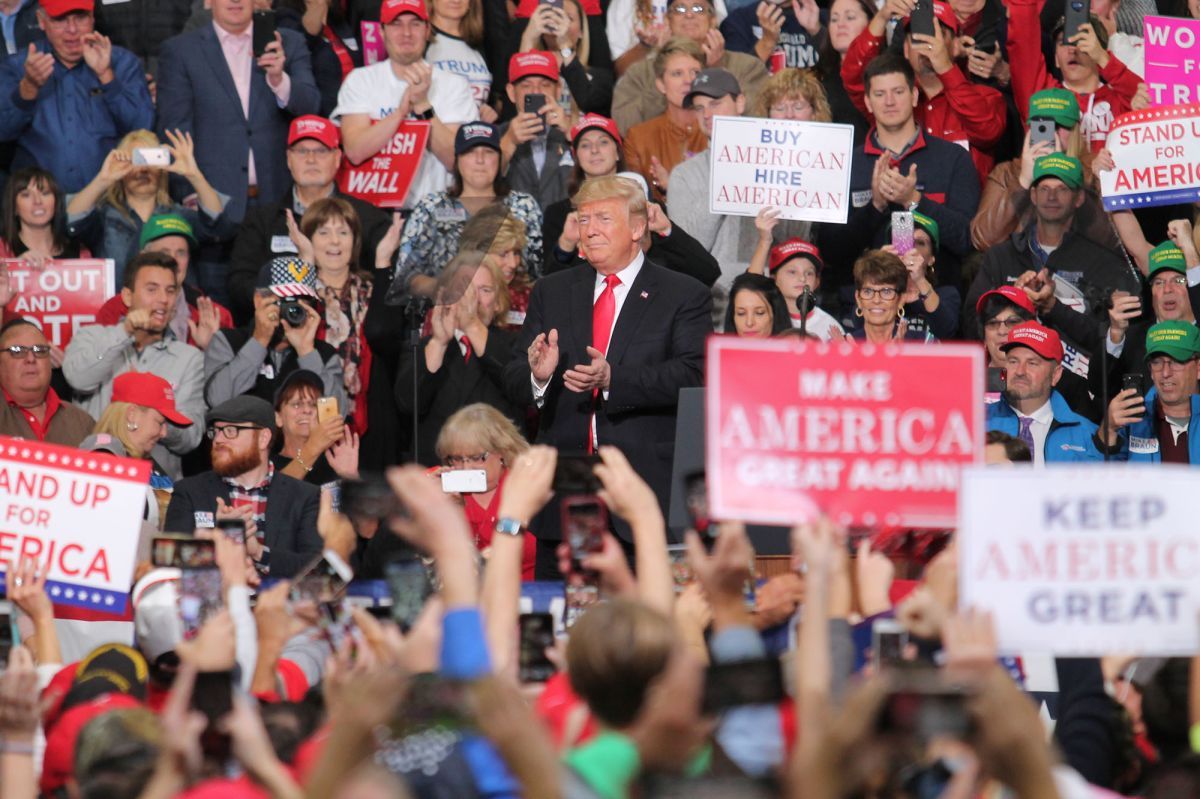
(Lauren Chapman/IPB News)
It’s been almost a week since Secret Service ushered Donald Trump off stage after a man shot at him during a rally in Pennsylvania.
The gunfire killed one attendee and injured two more.
Secret Service killed the suspected shooter, a 20-year-old man, who was set up on a rooftop outside the rally when he opened fire.
The shooting is under investigation. Also, the Department of Homeland Security opened an investigation of the Secret Service’s handling of security there this week.
Trump was nominated to lead the Republican Party ticket at the Republican National Convention this week.
Political experts such as Douglas Brinkley have said the shooting is likely to increase public sympathy for Trump and further an image of martyrdom.
President Joe Biden condemned the shooting and said there is “no place in America for this kind of violence.”
Over the years, multiple attempts have been made on presidents and presidential candidates’ lives, as recently as George W. Bush. A Georgian national was arrested in that incident.
A 2009 paper, “Hit or Miss? The Effect of Assassinations on Institutions and War” looks at the effect of political assassinations on war and institutional change.
The study found that the assassination of autocrats, like a monarch or dictator, increased a county’s chances to transition to a democracy. But the assassination of leaders in a democracy was not correlated with institutional change.
The paper analyzed nearly 300 assassination attempts of world leaders spanning 1875 to 2004.
This week, we’ll talk with security and political experts about the shooting at the Trump rally and its implications.
You can follow us on X @WFIUWTIUNews or join us on the air by calling 812-855-0811 or toll-free at 1-877-285-9348. You can also send questions for the show to news@indianapublicmedia.org.
You can also record your questions and send them in through email.
Guests
Paul Helmke, IU O’Neill School of Public and Environmental Affairs, Civic Leaders Center Director, Professor of Practice
Kenneth Gray, M.P.S. University of New Haven Criminal Justice Department Henry C. Lee College of Criminal Justice and Forensic Sciences, retired FBI Special Agent
Aaron Dusso, Indiana university Indianapolis, Associate Professor of Political Science






